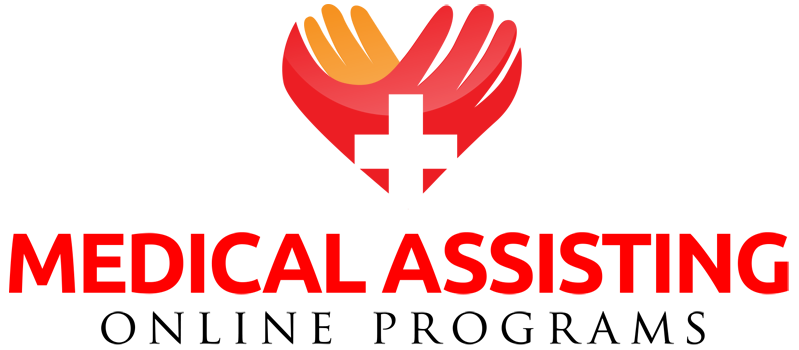Graduating from your training as a medical assistant is an exciting time, but not as exciting as the first day on the job. There is a little bit to worry about between graduation and that first day though, namely, finding a job. This requires landing interviews, which require a great resume and cover letter. While your education may give some advice on how best to prepare these important documents, you probably want a little more help to make sure you are sending out the best versions possible. While no article you read will cover every single aspect of resume and cover letter writing, this article will attempt to give you the most important advice possible.
Making an Impression
You’ve written essays before, and a cover letter is similar. You are going to try to sell yourself in a concise, but information rich block of text that your potential employer will hopefully read. Your cover letter should include the following information and tricks to ensure that it is not simply overlooked:
- Focus on your introduction, it should be short, but cover important topics such as your name, educational experience, any certifications you hold and the relevant experience to the position which you are applying for.
- Make sure multiple ways to contact you are included. This includes a phone number, or phone numbers, an email address and any other forms of contact. It is a good idea to include times in which you are most likely to answer at each.
- Lists are fantastic. If you are like most readers, you jumped right to this list and didn’t read the information in the paragraphs above. Don’t feel bad, lists have a tendency to draw the eye and give immediate results to readers. Take advantage of this and include all of your strongest qualifications that you want to ensure the reader sees.
- Make sure that you close your cover letter appreciatively. Thank the reader for their time and consideration and let them know that you look forward to speaking soon.
- Proofread everything, over and over until you can recite the entire cover letter from memory. Then do it again. Finally, have someone else read through what you wrote to ensure that it is perfect. Nothing kills a cover letter like a confusing “there or their” or a messed up “its, it’s, or its’ (tip: its’ should never be used)”. This step is key to ensure that the flow is smooth and the grammar is correct throughout the entire letter.
The Big Show
All the work you did in school and all of the tests you took, all of the preparation that went into graduation, should pale in comparison to the work you put into your resume. There are a few tricks to make sure you can customize your resume for each employer, without having to rewrite it each time. There are also important things to keep in mind when designing the layout and formatting.
- Put your contact information at the top of the resume (minus the times) and make sure that it is in a larger, bolder font, than the rest of the resume. You want to ensure that your potential employer has no trouble finding this information as soon as they decide to contact you.
- Make an outline resume. This is not an official term, but something that should be considered as a key to your success. You want each resume to be customized for the employer. Do some research on each employer that you are sending your documents to, and emphasize the skills that they will likely hold in higher regard. If you notice specific words or phrases used frequently, add those to your resume when appropriate.
- State your objectives for your career within the company. Be specific as to what you wish to do. Generalizing is not going to get you anywhere. Avoid “I would like to put my skills earned through my education to work as a medical assistant in your offices” and go for something specific but to the point. Talk about your strengths, be they administrative, clinical, or the ability to quickly react to different aspects of the job. Make sure that you show that you know what you are talking about and understand what the job entails. This will be the hardest 25-35 words you will have to write.
- Talk about your skills on both sides of medical assisting, in separate lists. The layout is important, so look for examples around the web. Monster.com offers some career advice services that show basic sample resumes. You also want to stand out, so consider formatting your resume in a way that would make it memorable. Careerbuilder.com has some funny, creative, and painful examples of ways to stand out from the crowd. Take into account, the type of job you are applying for and make sure that you don’t get too creative with your resume.
- Even though you already covered this some in your cover letter, list all of your accomplishments, credentials, educational history, and experiences related to the position.
- Finally, make sure there is plenty of information on how to contact professional references. Don’t use personal references at all. Make sure that these are people you worked with and give them the courtesy of a call to let them know that they may be contacted by a potential employer.
Resumes are difficult and time consuming to write. You are having to write about how great you are, while being humble, and ensure that everything you include is accurate and relevant. Make sure that you proof read your resume just as much as your cover letter and ensure that all contact information is clear, and you should start heading out to interviews in no time at all.
